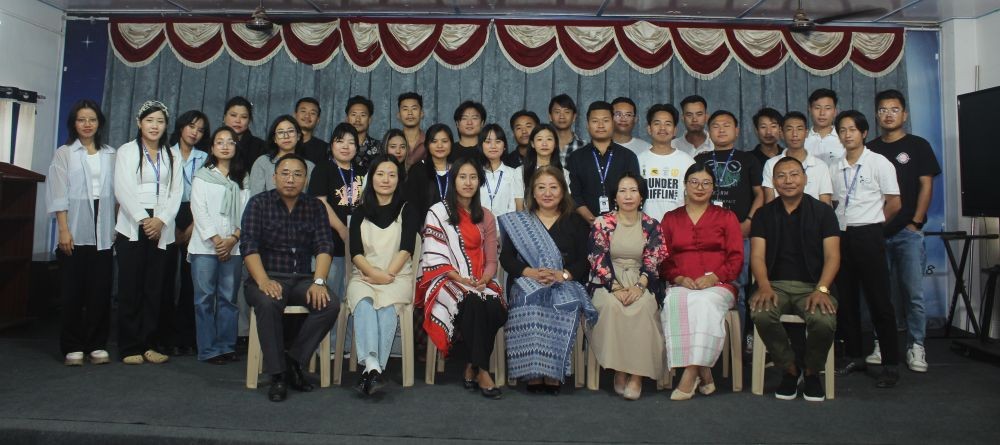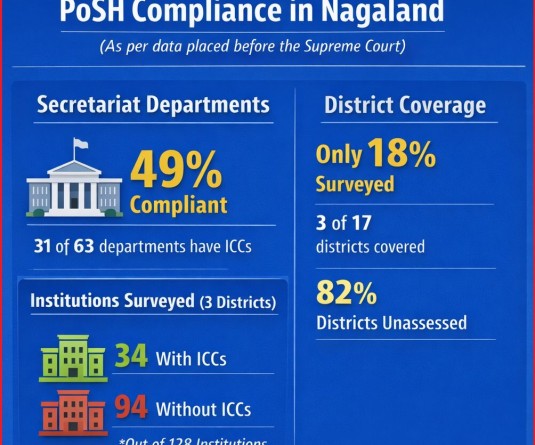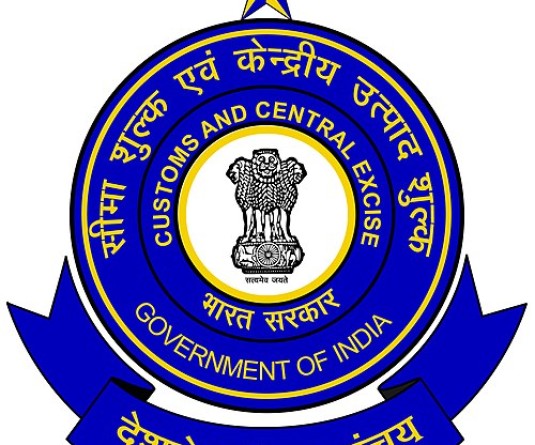Department of Political Science, St Joseph University, Chümoukedima hosted the first ‘Gender Dialogue’ on March 11.

Chümoukedima, March 11 (MExN): The Department of Political Science, St Joseph University (SJU), Chümoukedima hosted the first ‘Gender Dialogue’ on the theme ‘Beyond tradition: Gendering property rights and decision-making in urban Naga society’ on March 11.
Prof Rosemary Dzüvichü, Director of Center for Peace and Gender Studies, Nagaland the guest speaker said that Naga society remains deeply patriarchal, especially in rural areas where traditions continue to shape everyday life, stated a DIPR report.
She discussed the numerous socio-cultural barriers that limit women’s rights. Despite these challenges, Prof Dzüvichü highlighted stories of women who have made significant strides in decision-making and property inheritance. “One key example was the 1992 Resolution by the Angami People’s Organisation (APO), which allowed fathers to gift acquired land to their daughters, ensuring that male relatives could not take it away. This resolution also gave daughters the right to pass the land to their own daughters, marking an important step toward securing women’s property rights.”
She emphasised that in Nagaland, land is more than just property–it is deeply connected to language, nationalism, identity and citizenship, the release stated.
Prof Dzüvichü stressed on how important it is for women to own land–not just for financial security but also for empowerment. She raised concerns about the selective application of customary laws, which often work against women. She noted that men have become some of the strongest supporters of a 33% reservation for women in urban local bodies, reflecting a shift in societal attitudes. However, she cautioned that deep-rooted barriers still exist and called for collective efforts to push for gender-equitable reforms while respecting Naga traditions.
The event coordinator and discussant, Dr Mawon, touched on the concept of gender–both binary and non-binary perspectives. Based on his data collection, many Naga women in urban areas are now the legal owners of houses and properties.
This raises an important question: who will inherit these properties–sons, daughters, or both? In response, the resource person suggested that it is crucial to encourage these women to pass their property down to their daughters, helping to secure women’s rights to land for future generations.






